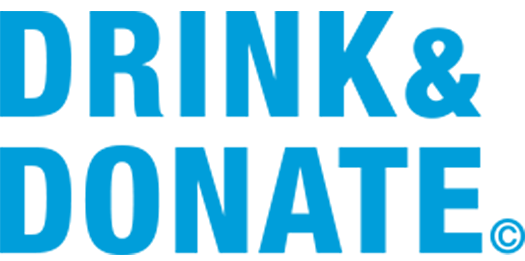waterkiosk: What do you remember from your very first volunteer assignment when you traveled to Tanzania?
Thomas: In Tanzania, every day brings something unexpected, be it a blocked road that denies access to a project, or a complete overhaul of the daily schedule announced in the morning at departure. You learn quickly that flexibility is a virtue!
I was very impressed by the variety and strong contrasts the country has to offer. The landscape ranges from green and almost idyllic landscapes at the foot of the Kilimanjaro, to agricultural areas of reddish-brown soil and arid, stony and water-poor areas. Nevertheless, despite the challenge of mastering a difficult life, you can feel the joy of living, often paired with a healthy portion of humor.
waterkiosk: What tasks were you assigned as a waterkiosk volunteer?
Thomas: Together with Philippe (Crevoiserat, responsible for projects), i visited various schools, hospitals and villages. When working on new projects, we looked at possible solutions, and in the case of existing projects, we checked whether the facilities functioned properly.
waterkiosk: Could you give us an example of a project?
Thomas: What impressed me the most was the Ngorika village project. Ngorika is located at the Nyumba Ya Mungu reservoir. The reservoir is used for irrigation and power generation. Unfortunately, the water is not drinkable, and diseases such as typhoid or cholera are common. In in the future, the water from the reservoir will be pumped up the slope. It will be cleaned and distributed using a SuMeWa system.
Although I had already seen and experienced quite a bit in the previous days, the poor living conditions in this area left a lasting impression.
waterkiosk: Do you have any tips for people who would also like to do volunteer work?
Thomas: Be open and have a real interest in the different topics. Volunteering is not a holiday, the trips are uncomfortable, and the days are long. But the many positive impressions compensate for any hardships.
















